Good morning! Let’s play Connections, the NYT’s clever word game that challenges you to group answers in various categories. It can be tough, so read on if you need clues.
What should you do once you’ve finished? Why, play some more word games of course. I’ve also got daily Strands hints and answers and Quordle hints and answers articles if you need help for those too, while Marc’s Wordle today page covers the original viral word game.
SPOILER WARNING: Information about NYT Connections today is below, so don’t read on if you don’t want to know the answers.
NYT Connections today (game #565) – today’s words

Today’s NYT Connections words are…
- TAPS
- UNICORN
- IRONS
- BACON
- PRESSES
- PHOENIX
- CAR
- BUGLER
- BRIDGES
- AFRICA
- TOAST
- WASHINGTON
- GRITS
- HITS
- HASH
- CLICKS
NYT Connections today (game #565) – hint #1 – group hints
What are some clues for today’s NYT Connections groups?
- YELLOW: Morning meal staples
- GREEN: On/Off
- BLUE: Beep beep
- PURPLE: And the award goes to…
Need more clues?
We’re firmly in spoiler territory now, but read on if you want to know what the four theme answers are for today’s NYT Connections puzzles…
NYT Connections today (game #565) – hint #2 – group answers
What are the answers for today’s NYT Connections groups?
- YELLOW: BREAKFAST SIDES
- GREEN: PUSHES, AS A BUTTON
- BLUE: THEY HAVE A HORN
- PURPLE: OSCAR-WINNING ACTORS
Right, the answers are below, so DO NOT SCROLL ANY FURTHER IF YOU DON’T WANT TO SEE THEM.
NYT Connections today (game #565) – the answers

The answers to today’s Connections, game #565, are…
- YELLOW: BREAKFAST SIDES BACON, GRITS, HASH, TOAST
- GREEN: PUSHES, AS A BUTTON CLICKS, HITS, PRESSES, TAPS
- BLUE: THEY HAVE A HORN AFRICA, BUGLER, CAR, UNICORN
- PURPLE: OSCAR-WINNING ACTORS BRIDGES, IRONS, PHOENIX, WASHINGTON
- My rating: Moderate
- My score: 1 mistake
My first thought when I saw PHOENIX and IRONS in the grid was the actors River and Jeremy. I spent ages trying to think of any films they were in together (I later discovered there are none, but they were both in the Shakespearean TV drama The Hollow Crown). I then convinced myself that they must be connected to Denzil WASHINGTON and Kevin BACON and got the dreaded “one away”.
After connecting the breakfast items I found the correct group for BACON and the rest clicked into place.
The blue group completely threw me. Although it’s true that THEY HAVE A HORN, the type that AFRICA has is very different to the one you’d find in a CAR. Such is the random beauty of Connections.
Yesterday’s NYT Connections answers (Thursday, 26 December, game #564)
- YELLOW: APPROXIMATELY ABOUT, AROUND, LIKE, ROUGHLY
- GREEN: TREES ELDER, PALM, PINE, SPRUCE
- BLUE: SIZABLE, AS AN AMOUNT HANDSOME, HEALTHY, RESPECTABLE, TIDY
- PURPLE: U.S. STATE ABBREVIATIONS, PER AP STYLE GUIDE ALA, ARK, MISS, ORE
What is NYT Connections?
NYT Connections is one of several increasingly popular word games made by the New York Times. It challenges you to find groups of four items that share something in common, and each group has a different difficulty level: green is easy, yellow a little harder, blue often quite tough and purple usually very difficult.
On the plus side, you don’t technically need to solve the final one, as you’ll be able to answer that one by a process of elimination. What’s more, you can make up to four mistakes, which gives you a little bit of breathing room.
It’s a little more involved than something like Wordle, however, and there are plenty of opportunities for the game to trip you up with tricks. For instance, watch out for homophones and other word games that could disguise the answers.
It’s playable for free via the NYT Games site on desktop or mobile.


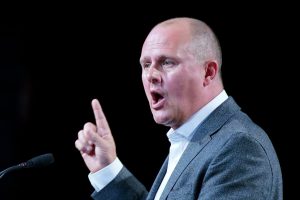


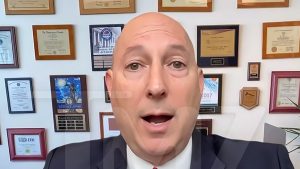












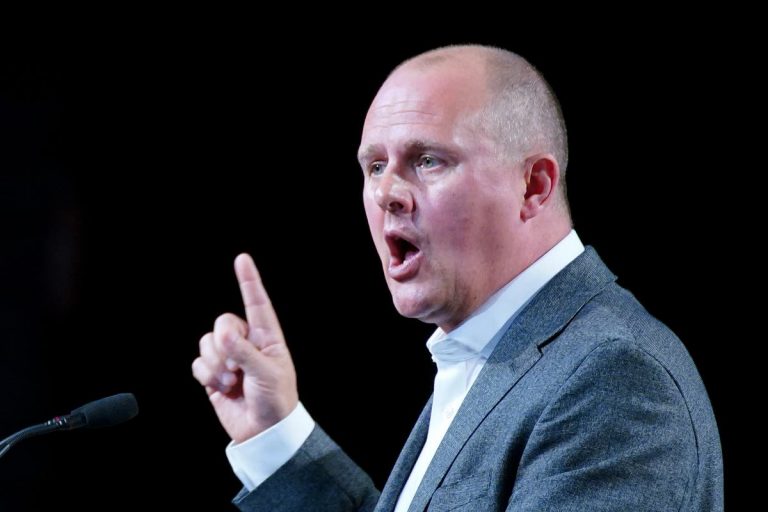

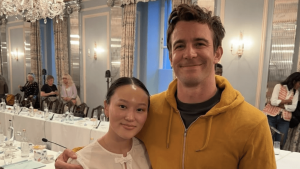

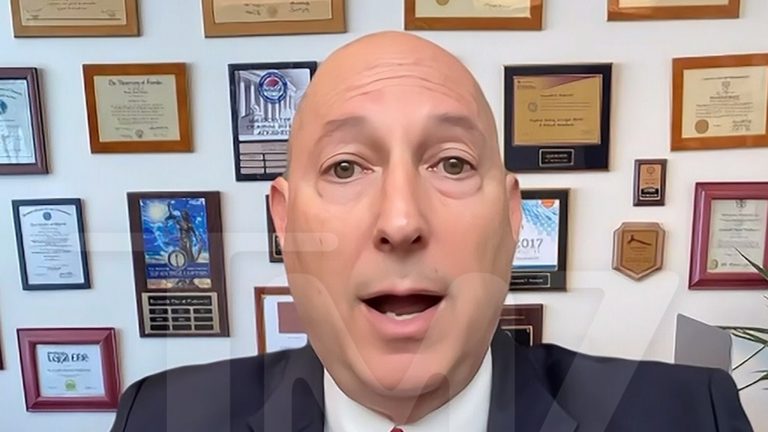


+ There are no comments
Add yours